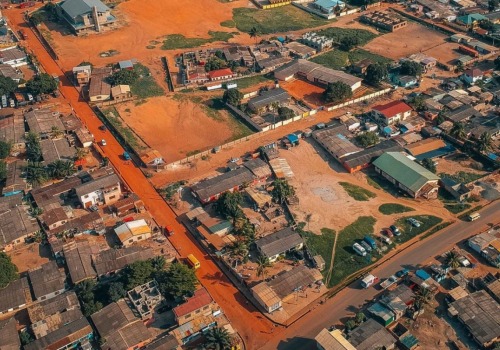The total cost of a website depends on its size, complexity, and whether or not you hire a professional web designer. If you create your website yourself, you can save hundreds, if not thousands of dollars. You pay for a subscription, either monthly or yearly, and this is the primary cost you'll need to budget for. Content should be produced on a regular basis, so regardless of the form you choose, set aside a monthly budget for it.
We've guided you through the costs involved in creating a website, from using a website builder to hiring a professional designer to build it for you. As a smaller company, your functionality costs will likely swing toward the lower end compared to the higher end. To better understand your budget and expected costs, let's look at some of the most common expenses associated with building a small business website. Social media content shouldn't be identical across all networks, so taking the time to customize the content will cost you.
Be sure to ask your developer if there are any ongoing maintenance costs you should budget for when it comes to this type of work, or if you just need their services during setup. This highlights some of the often invisible costs of using a web designer, such as having to be trained to use your own website after you've created it. When it comes to website hosting, this can be included in the total cost of the site if you use a content management system such as Squarespace or Wix. In addition to calculating your small business website design costs, you should also plan for website maintenance costs.
That means that a professional and attractive 10-page informative website with standard customization will cost less than a highly customized 50-page site with all the amenities. There are several costs that can affect the total price of building a WordPress website, but the main one is hosting. However, also keep in mind that the cost of creating a website with a marketing agency is usually surprisingly affordable. Additional features add complexity to a website and, as a result, increase the cost of website design and development.
You could be dreaming of all the bells and whistles, the complex programming, the brilliant design features, and the abundance of interactive elements, but remember to be realistic and set achievable goals when you start. While WordPress is technically a free, open-source platform, you have to pay for hosting, themes and plugins, and even professional help from a developer, which can increase your total cost.





